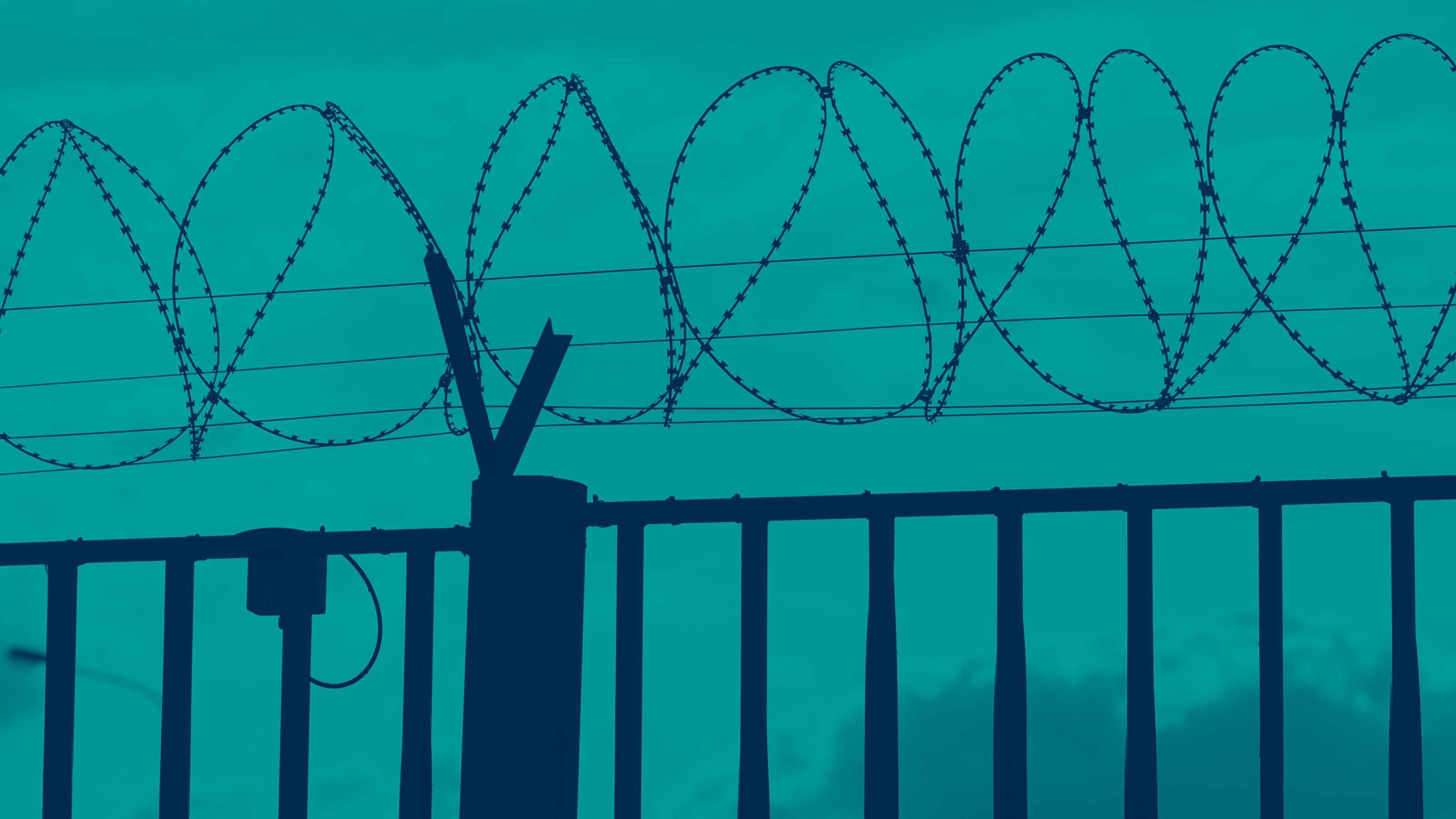Registration
You will receive an email confirming your registration.
Paul McGarr’s latest book critically examines the interventions made by the intelligence and security services of Britain and the United States in India. It probes the nexus between intelligence and statecraft in South Asia. Further, it questions the relationships established between the foreign intelligence agencies and successive Indian governments for the promotion of democracy, which evolved into justifications for repression. It asks how Western societies came to think of intelligence in terms of surveillance and civil liberty, while today South Asians associate it with covert action and grand conspiracy. After 1947, India’s leaders faced competing pressures to safeguard the national security of an overstretched and under resourced state while, at the same time, upholding popular conceptions of sovereignty that privileged autonomy and abjured foreign alliances. Part of the solution to this conundrum was to work secretly with the intelligence and security services of Britain and the United States.
Carnegie India hosted Paul McGarr for a discussion on his book Spying in South Asia: Britain, the United States and India’s Secret Cold War at the Security Studies Seminar. The discussion was moderated by Srinath Raghavan.
DISCUSSION HIGHLIGHTS
Sovereignty and Security: McGarr approaches intelligence through a decolonial lens, adopting a “history from below, history from above” model. The book dissects the relationship between India and Western intelligence agencies such as the MI5 or the Central Intelligence Agency (CIA). Participants discussed the challenges confronted by India post-independence in 1947, balancing both the preservation of Indian sovereignty and its security. Britain’s MI5 and the Secret Intelligence Service (SIS) had opportunistic ambitions to establish operations in India to gain access to the connections between politicians and citizens. New Delhi’s reaction was twofold; it sought expertise on organizational and domestic security to improve its own intelligence capacity, and it wrestled with the dilemma of bartering India’s sovereignty at the hands of neo-imperial powers. Participants underscored that these tensions within the Indian bureaucracy served as the compass for navigating the intelligence war in the next decades.
Challenges to the East/West Intelligence Binary: Participants acknowledged that security and intelligence studies have often taken a parochial view and struggled to include voices from the Global South. They noted that McGarr challenges these notions and undertakes a holistic global perspective on the subject. India, as the most influential power in the subcontinent, acted as a hub and convergence point for intelligence activities in the Global South. Participants highlighted the instance of George Blake, a former SIS agent and Soviet spy, who colored Delhi as the “most favorable city” to establish contact with Soviet spies. Thus India, a non-aligned power during the Cold War, became a magnet attracting the two ideological blocs as it could negotiate with both on equal terms while also acting as a locus for clandestine operations. The discussants identified the scope for research on South-South intelligence activities, an area that scholars have often overlooked.
India and the CIA: Participants discussed archival materials from 1967 noting it as a hallmark year for intelligence in India. This year was an inflection point in India’s relationship with the CIA. For instance, a probe was expedited into political parties receiving funds from the CIA during the 1967 general elections. Additionally, New Delhi was alleged to be collaborating with the CIA to whisk away Stalin’s daughter, Svetlana, to Switzerland. As these allegations were refuted by the government, participants concurred that the alleged a “foreign hand” in India’s domestic politics and foreign policy strategy was overstated. While India sought collaboration with Western intelligence organizations, it also resisted attempts of external interventionism in national elections or otherwise. Further, the Indian political leadership, to flout accountability, often adopted sloganeering against the CIA citing its covert interventions as the reason for domestic political setbacks. Participants concluded that this was a prominent example of “agency from below” wherein India’s influence was immense but widely understated.
